Studio Tour: Phoenix Wharf
In the third of our new Studio Tour series we speak with Chris Gwyther, Founder & Creative Director of Phoenix Wharf about their Bristol interior design studio with a hope that you find this insight inspirational in your own career journey.
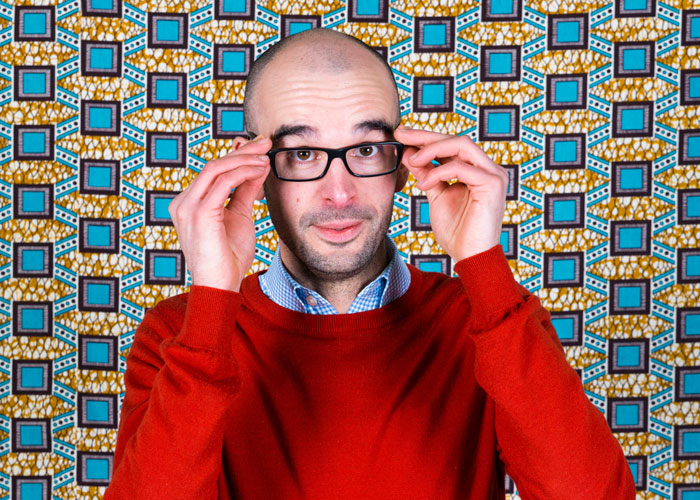
Chris Gwyther, Phoenix Wharf – portrait by Martin Parr.
We began by asking about Phoenix Wharf’s history.
I founded Phoenix Wharf in 2016 with the support of the executive board of our parent company, Istoria Group, a collective of creative agencies based in Bristol and Indianapolis.

We all share a great respect for specialism and, when the group’s exhibition, events and experience company, Ignition, started to attract retail, hospitality and branding enquiries, we saw an opportunity to create a new agency to respond directly to these sectors. The second strand of thinking behind the company’s formation was our belief there was enough room in the South West for an agency that could help regional businesses, including start-ups, to connect with their audiences – and this has happily proved to be the case.
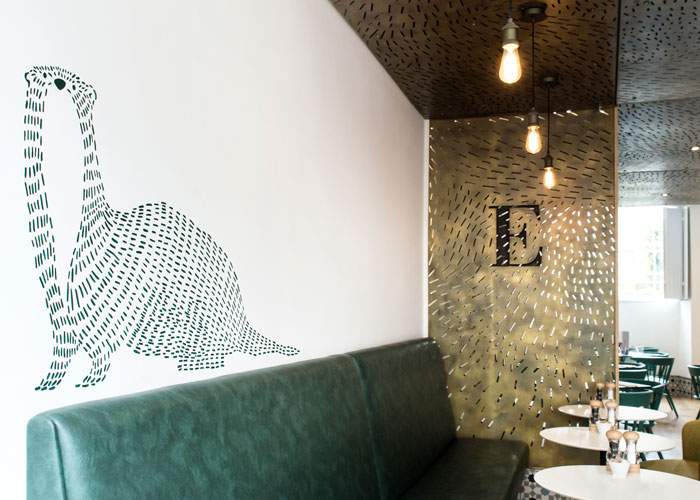
Our proposition is ‘Substance with Soul’.
The business has always been about striking a balance between functionality and style, with an initial proposition ‘to inspire change’. With some larger design companies, there’s a tendency for off-the-shelf designs to be retro-fitted to meet briefs. I was determined Phoenix Wharf would be different and that we’d always design for our clients rather than ourselves.
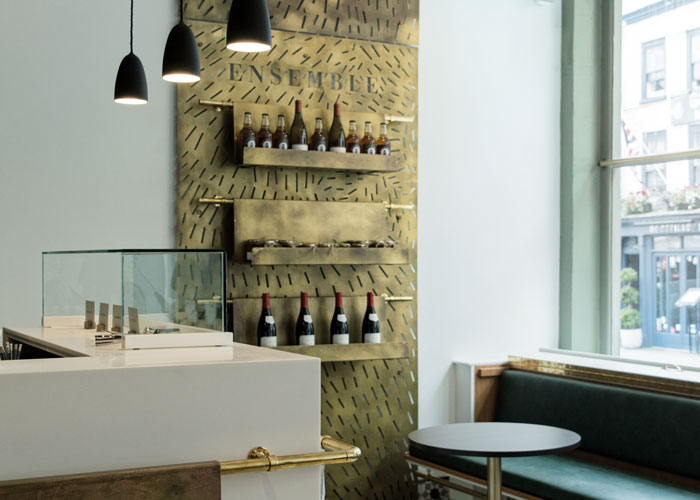
Helping South West businesses to connect with their audiences.
We seek to achieve design integrity and commercial viability – as well as making schemes look fantastic – and our proposition has recently evolved to reflect this – ‘substance with soul’.
Chris continued to tell us about their location and workspaces.
We’re based in Paintworks in Bristol, a former industrial estate just south of the city centre and now one of its main creative quarters.
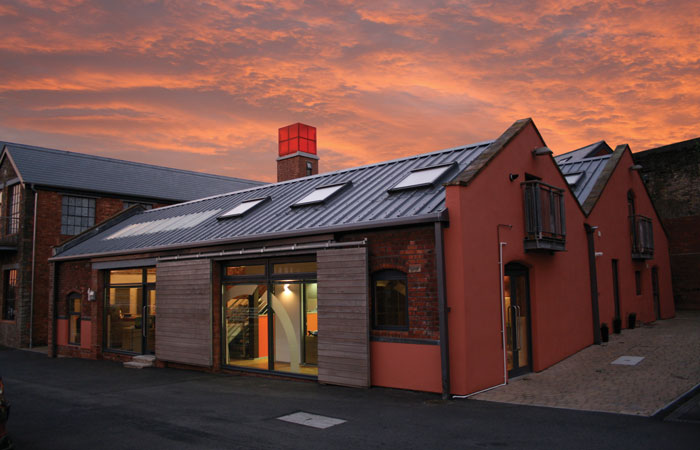
We’re based in Paintworks in Bristol.
The industrial feel of the place – including the graffiti-covered industrial complex on the other side of the Avon river, where the tidal water is constantly changing – definitely feeds into our work. It’s unstaged and raw and couldn’t be less corporate or sterile.
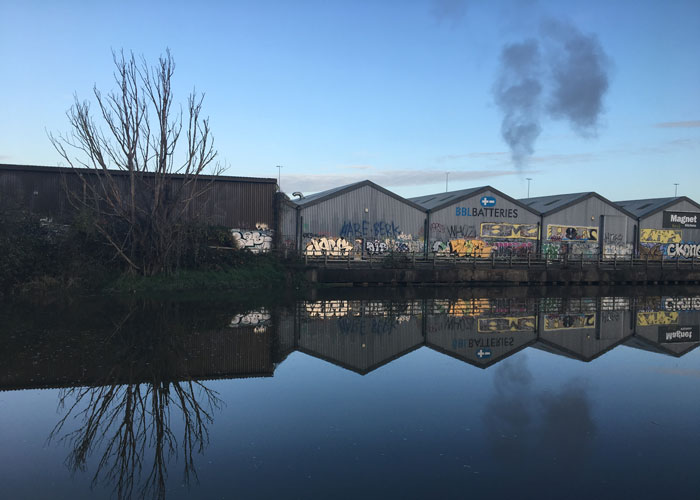
The industrial complex opposite over the Avon river.
There are lots of other creative businesses around us, from architects and digital specialists to on-site eateries like the Boca Bar, as well as the Royal Photographic Society and the Martin Parr Foundation.
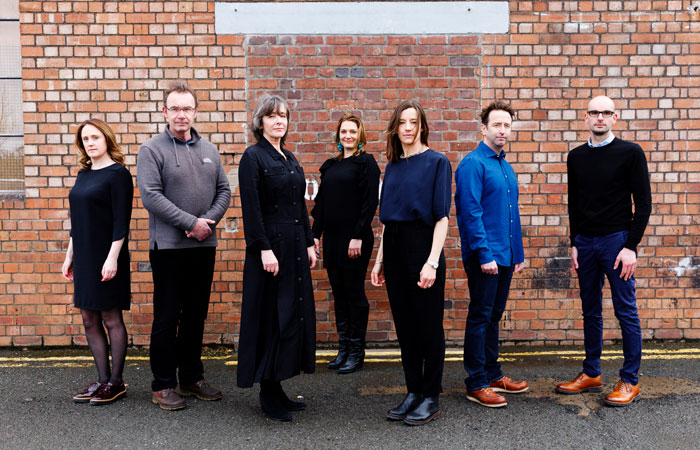
We commissioned Martin Parr to shoot the Istoria Group board.
We commissioned Martin Parr to shoot the Istoria Group board last year, which was a fun experience! I think what our immediate environment teaches us is the power of reinvention. It’s great to be housed in a building that embodies exactly that.
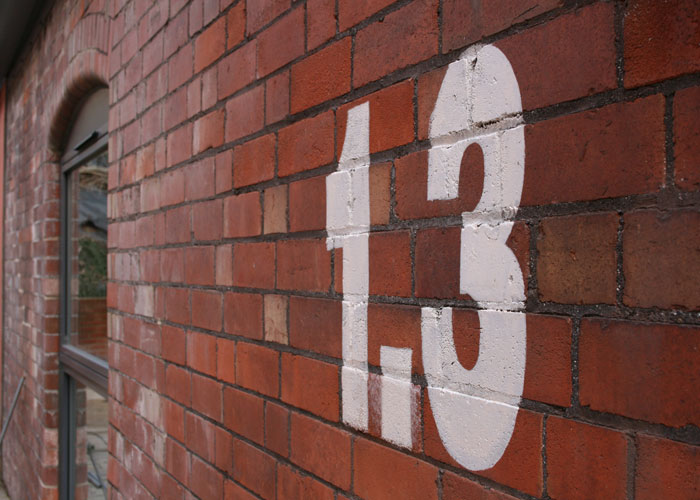
Our building embodies the spirit of reinvention.
We were keen to know more about the team at Phoenix Wharf.
We’re a boutique agency with access to the services and support of a larger group, from financial direction to group marketing, PR and social media cross-promotion. This also means we’ve been allowed to grow without some of the usual pressures associated with a start-up. The agency is run by myself and Associate Creative Director Emma Carter, but after that we absolutely don’t follow by-discipline hierarchies. We create niche teams, work in response to projects and we all stay involved throughout.
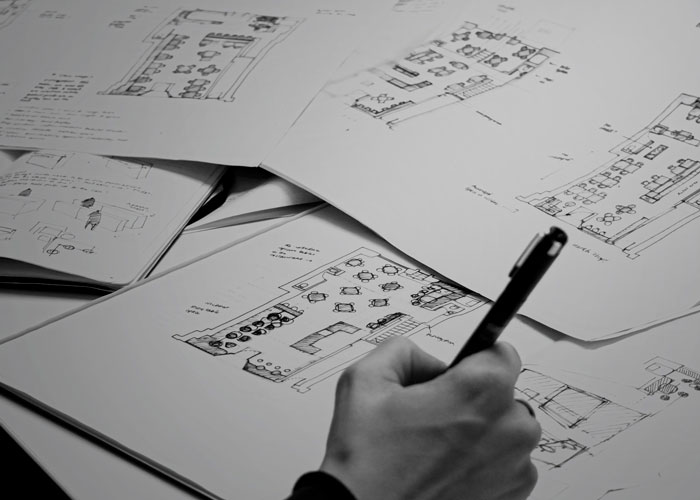
We design in response to each project.
We’re strategically-minded and passionate about what good design can achieve, whilst at the same time believing that beautiful design needn’t cost the earth. We like to keep overheads down so we have more freedom and can work not only with major, national brands, but also with smaller clients and start-ups, where we know we can make a real difference to the future evolution of a business.
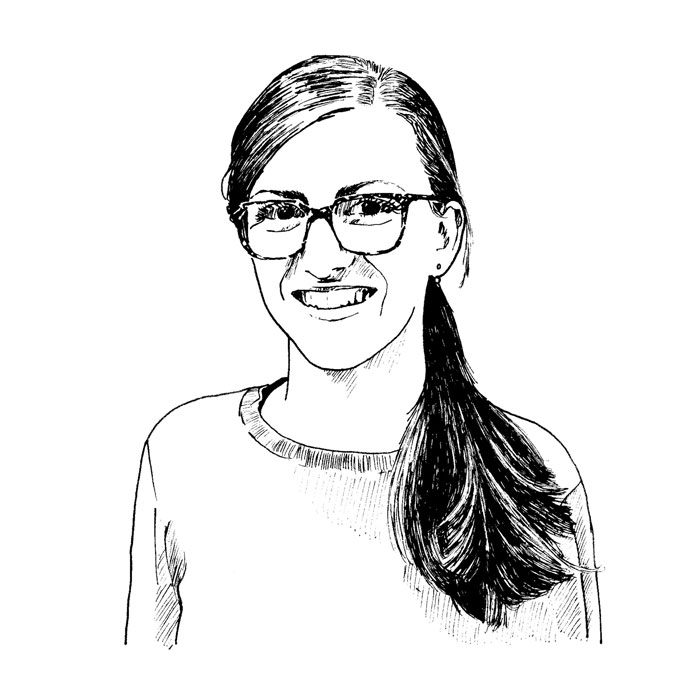
Emma Carter.
Three team members who really exemplify our approach are Emma Carter, who’s been a core part of Phoenix Wharf from day one. Emma’s an out-and-out creative – clients love her and she’s as happy sketching up a concept as leading a meeting. She can deliver the whole process.
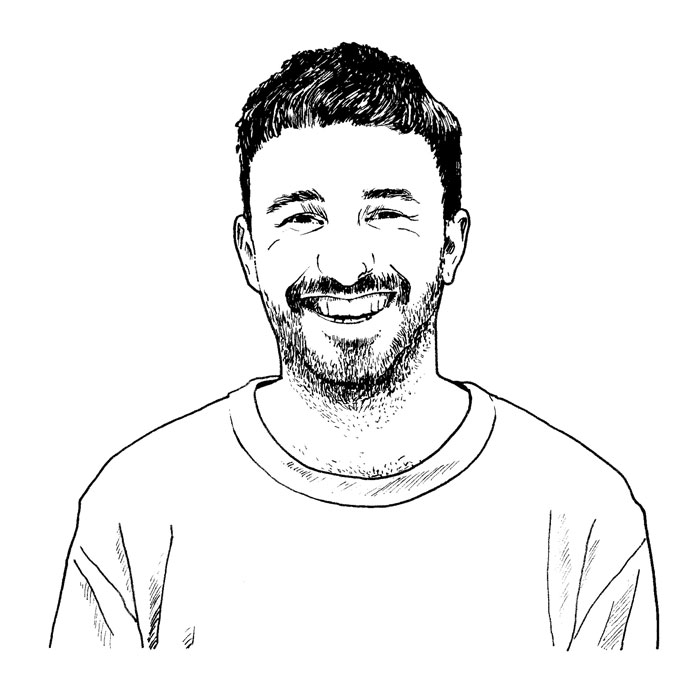
Tom Exon.
Tom Exon is a super-adaptable 2D designer. He’s always at the table when we do 3D work and makes sure he feeds in the perspective of ‘the brand in the space’ to every project. We don’t see 2D design as ‘dressing’ and Tom is great at envisaging things spatially too, as well as being very digitally-savvy.
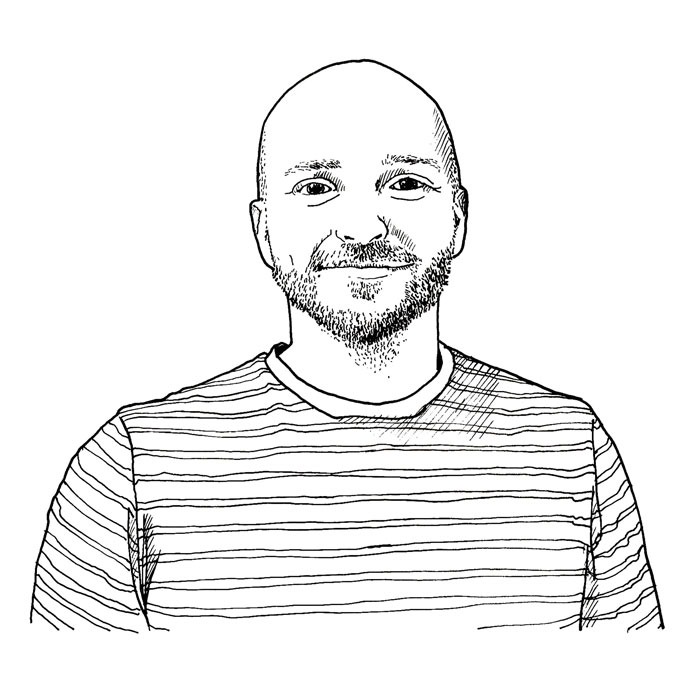
Fraser Norton.
Fraser Norton is a former brand strategist who retrained in 3D design and he brings an interesting perspective to projects when it comes to process and strategy. Fraser’s a great example of the way we don’t pigeon-hole. We love it when people are given space to adapt and follow their skills, passions and interests.
We asked Chris about his teams design approach.
A really important element of our design process is bringing clients with us at every stage. We really believe in the importance of shared belief in each evolution, so we work with clients on a ‘little and often’ basis. Something I’ve found over the years is the wisdom of finding out what clients really don’t like, as well as what they do – and ultimately what pushes their comfort levels. These are important parameters to design within.
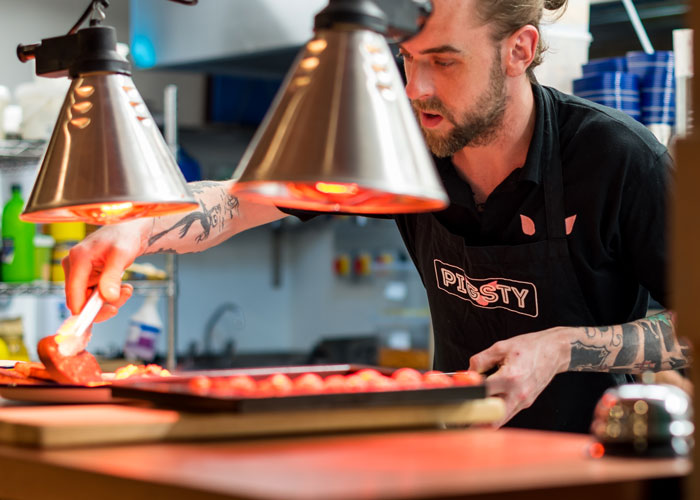
We design for real people and their lives.
We design for real people and their lives and we’re always looking to increase the flexibility, re-use and modularity of design elements, in harmony with the sustainable ethos of our parent company and sister agency Ignition.
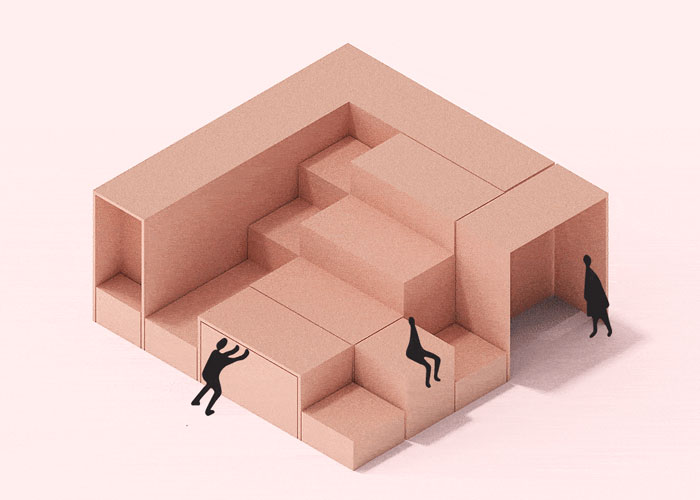
Our liquid retail concept is all about modularity and transformation.
Our ‘liquid retail’ concept applies to the fluid approach retailers need to adopt in order to survive, necessitating brands to become chameleon-like and transformative as they adapt to a constantly changing environment.
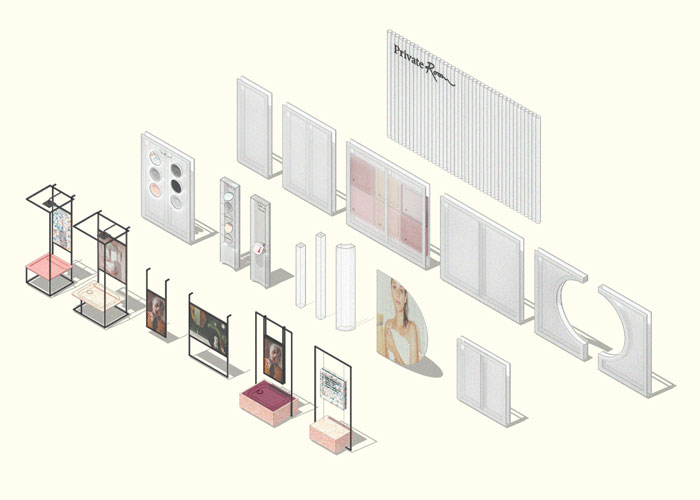
Fixtures and fittings allow for multi purpose applications.
Secondly, it refers to the re-purposing of fittings and fixtures, so that retail systems could, for example, be used for trade show exhibits or to create workspace reception displays.
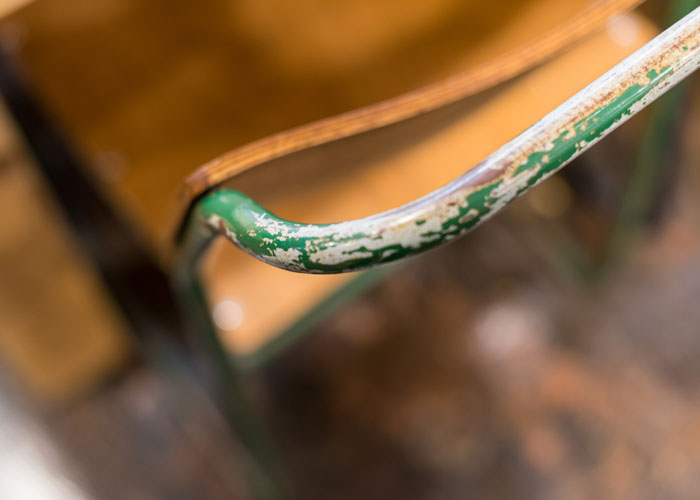
We believe in the artful re-use of materials.
We try to encourage clients to think multi-application and for the longer term.
Chris told us about some of their key projects.
Designers always love their latest project and we’re no exception – just about to open is a new retail/hospitality hybrid for innovative local bakery business The Bristol Loaf, who, together with other local artisanal partners, is launching a new community foodie hub in the Bedminster area, south of the city. Joining their existing and highly successful Redfield bakery and café, the new larger venue is located within Engine House Developments, a contemporary, mixed-use development. For us, it’s a classic example of working with an ambitious, local business and getting it out there, even if the opening has been a little delayed because of Covid-19!
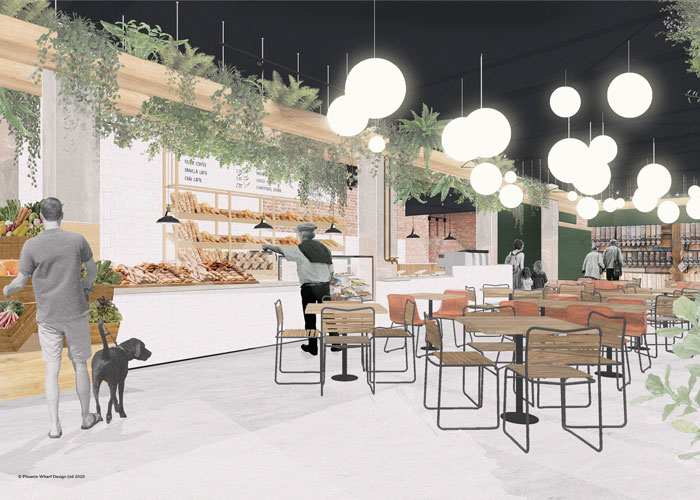
The Bristol Loaf.
Another example of working with a regional business, encompassing both retail and hospitality once more, was working with a very established South West business, Yeo Valley, Britain’s leading organic dairy brand. We took them to London for their very first outlet in the capital, with the new site comprised of a two-storey café, shop and workspace. This was a project that really put us on the national map and won the Hospitality Gold Award at last year’s London Design Awards.
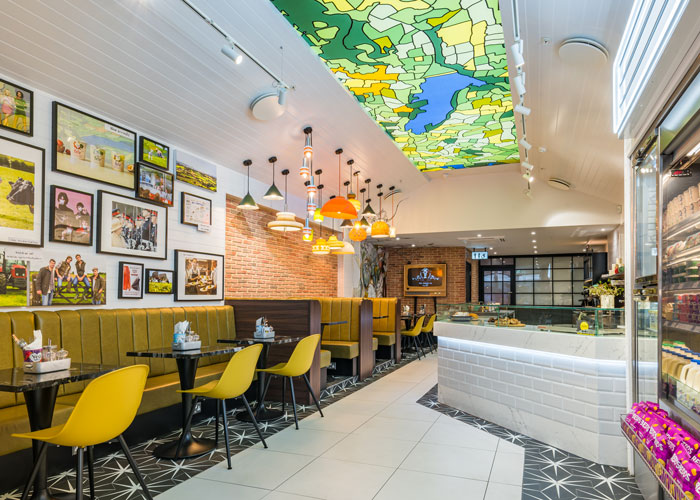
The award winning Yeo Valley Cafe.
A little further back in time, one of our first dedicated hospitality projects was Ensemble in Wells, a start-up restaurant where we created the identity, a suite of branding applications and a full interiors concept.
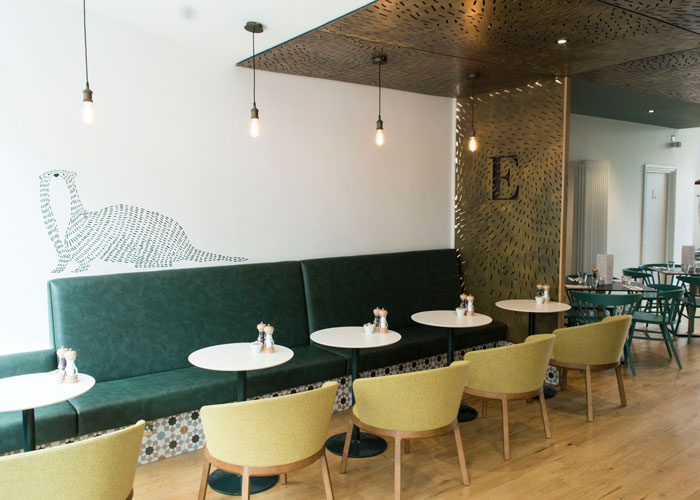
Ensemble in Wells.
This one’s important to us because it demonstrates how we give the same love and attention to detail to every project, whether a small start-up or a major brand.
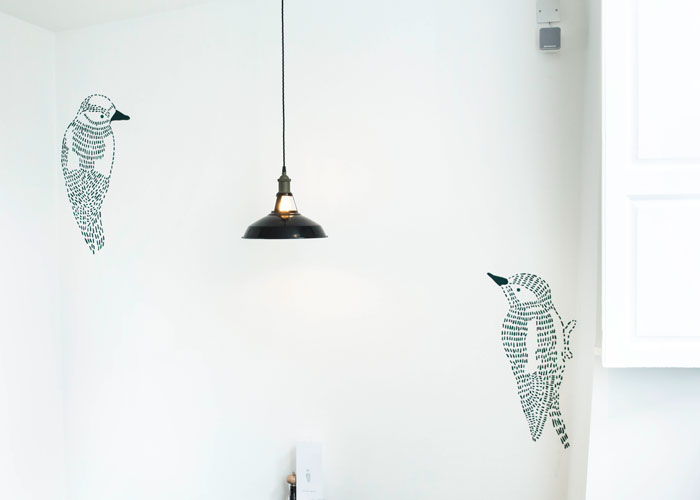
Our attention to detail is the same on large or small projects.
What does the future hold for Phoenix Wharf.
In the near-to-mid-term, I think our role will be to support clients in a changing environment and help them to adapt, underlining the role design can play in ensuring brands are able to differentiate. I think we’re very well-placed for the future too because of our size. This means we can adapt and flex with our clients and according to their needs.
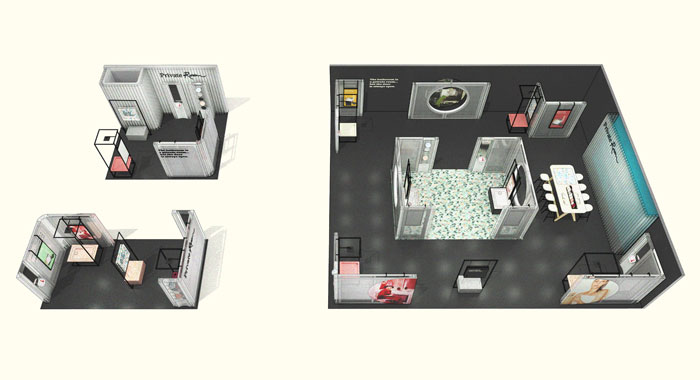
Scaleable designs for pop-ups, exhibits and concessions for client Private Room represent the future.
I honestly think there’s an exciting time coming once the worst of the pandemic is over. The slowing down has been like pulling back a catapult – I believe there’s a whole raft of new-generation fresh ideas to come in terms of formats, material developments and innovative landlords. The constant merging of sectors, from hospitality and retail to exhibition, residential and workplace, is only going to continue. Space is going to have to work ever harder, whilst cross-sector blurring means budgets will have to merge and stretch. Really intelligent design is going to be more appropriate than ever.
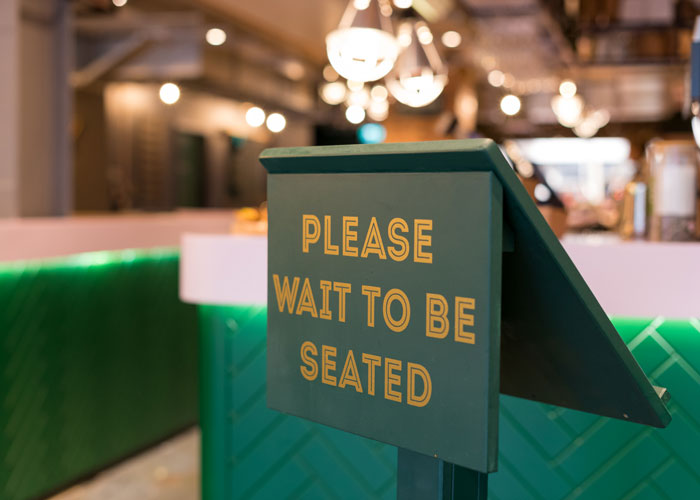
Sectors will continue to merge.
Contact Phoenix Wharf




